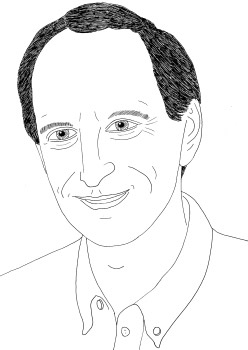CONSUMERISM
QUOTES
(Click
on *
for 8.5 X 11 PDF to print)
|
For
the economy I want workers and consumers to have
control over their own economic lives. I want everyone
to have fair conditions that fully utilize their
talents and potentials. I want incomes that accord
with the efforts people expend in their labors.
I want what is produced, by whom, under what conditions,
and with who consuming the result--all determined
in accord with enhancing human well-being and development
and all decided by the people involved and affected.
I want an end to hierarchies of power and wealth
and to class division with most actors subordinated
to an elite few. To accomplish all these ends I
favor the institutions of participatory economics
-- worker and consumer councils, remuneration for
effort and sacrifice, balanced job complexes, and
participatory planning. If someone should demonstrate
that those institutions somehow fail to accomplish
necessary economic functions or have social or personal
by-products that outweigh their benefits -- I would
simply return to the drawing board. Exploitation,
alienation, poverty, disempowerment, fragmenting
and debilitating labor, production for the profit
of a few -- much less harsh homelessness, starvation,
and degradation -- are not like gravity. They arise
from institutional relations established by human
beings. New institutions, also established by human
beings, can generate other vastly superior outcomes.
Defining and working to attain those new institutions
ought to be our economic agenda.
-- Michael Albert |
|
*
"The role of the market place is to be an instrument
of environmental change and policy making. We
are all consumers with a great potential for change.
Environmental protection begins at home."
~ Noel Brown,
Former Director of the UN Environmental Program
|
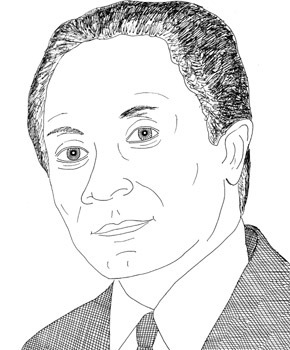 |
 |
*
"Solid wastes" are the discarded leftovers of
our advanced consumer society. This growing mountain
of garbage and trash represents not only an attitude
of indifference toward valuable natural resources,
but also a serious economic and public health
problem.
-- Jimmy Carter
|
The
ever-mounting glut of waste materials is characteristic
by-product of modern "consumer society." It might
even be argued that capitalism's continual need
to find of generate markets means that disposibility
and waste have become the spine of the system. To
consume means, literally, "to destroy or expend,"
and in the garbage crisis we confront the underlying
truth of a society in which enormous productive
capacities and market forces have harnessed human
needs and desires, without regard to the long or
even short-term future of life on the planet.
-- Stuart Ewen |
|
|
*
"I feel more confident than ever that the power
to save the planet rests with the individual consumer."
~ Denis Hayes
|
American
consumerism is about buying things we don't need,
with money we don't have, to impress friends we don't
have time for.
-- Leo Horrigan
|
But
once we concede that people do care about status,
it necessarily follows that the status competition
that makes people buy expensive consumer goods
in order to impress other people constitutes a
failure of the market economy - a failure as real
as traffic congestion, or pollution, or any other
activity in which the individual pursuit of self-interest
leads to a collectively bad outcome. Suppose that
we could somehow agree to stop competing over
who has the fanciest car; everyone could then
work a bit less, spend more time with their families,
and raise the sum total of human happiness. Or
to put it a bit differently, Americans (or at
least the top few percent of the income distribution)
have gotten into a sort of arms race of conspicuous
consumption that, like most arms races, consumes
huge quantities of resources yet in the end changes
little.
--Paul Krugman
|
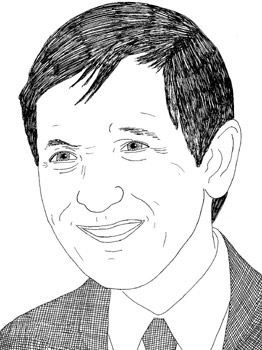 |
*
It is time for a sustainable energy policy which
puts consumers, the environment, human health,
and peace first.
-- Dennis Kucinich
|
|
I feel privileged to work at an organization that
is part of a growing movement to help people adopt
environmental and social justice practices into
their lives and helps them encourage these values
in the broader economy, where our consumer and
investor dollars can "vote" for sustainability.
At a time when corporations are exerting increasing
power over people's lives and the environment,
it is vital that we work directly with companies
to promote greater responsibility.
-- Todd Larsen
|
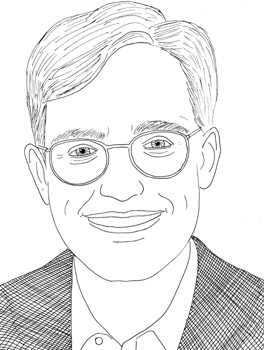
|
"It
is advertising and the logic of consumerism that governs
the depiction of reality in the mass media."
-- Christopher Lasch
|
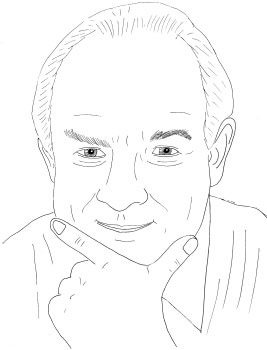
|
*
"It's a measure of the depth of our consumer trance
that the death of the planet is not sufficient
to break it."
-- Kalle Lasn
|
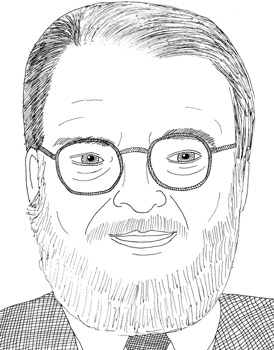 |
*
... the aim of development must be neither producerism
not consumerism, but the satisfaction of fundamental
human needs, which are not only needs of humanity...
-- Manfred Max-Neef
|
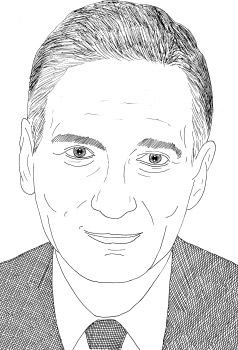 |
*
The essence of globalization is a subordination
of human rights, of labor rights, consumer, environmental
rights, democracy rights, to the imperatives of
global trade and investment.
-- Ralph Nader
|
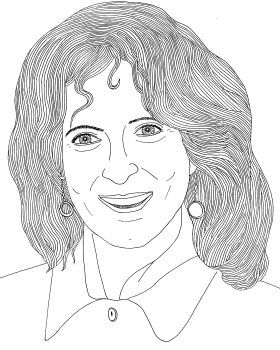 |
Consumers
have not been told effectively enough that they
have huge power and that purchasing and shopping
involve a moral choice.
-- Anita Roddick
Since
the governments are in the pockets of businesses,
who's going to control this most powerful institution?
Business is more powerful than politics, and it's
more powerful than religion. So it's going to
have to be the vigilante consumer.
-- Anita Roddick
|
|
In
our hectic, fast-paced, consumer-driven society,
it's not uncommon for people to feel overwhelmed,
isolated, alone, and even alienated. Many are
re-discovering the healing and empowering role
that community can bring to our lives. The sense
of belonging we feel when we make the time to
take an active role in our communities can give
us a deeper sense of meaning and purpose.
-- Robert Alan Silverstein
|
 |
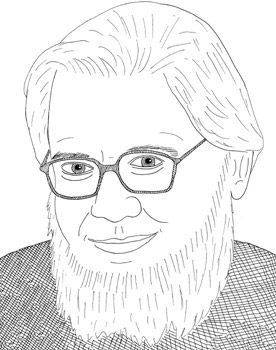 |
A
key issue in managing globalization is therefore
how we organise the global investmentand labour
markets to meet the needs of flexibility for enterprises,
security for workers and quality for consumers.
We need new proactive policies that focus directly
on how authorities in the public and private sphere
can blend economic and social policies with an
enabling environment for private initiative to
create market opportunities for Decent Work.
-- Juan Somavia
|
|
*
“Our
personal consumer choices have ecological, social,
and spiritual consequences. It is time to re-examine
some of our deeply held notions that underlie
our lifestyles.”
-- David Suzuki
|

|
Fair
trade benefit many. From farmers in producer countries
to students in a U.S. school studying the environment,
the concept and practice of fair trade connects producers
and consumers in new and powerful ways. It is the nexus
for: meeting both environmental and economic considerations
of indigenous peoples; re-balancing the trading relationship
between North and South; building a link between U.S.
policy and publics to a larger world community that
is knocking at the door
-- TransFair USA, 2002
|
|
|





